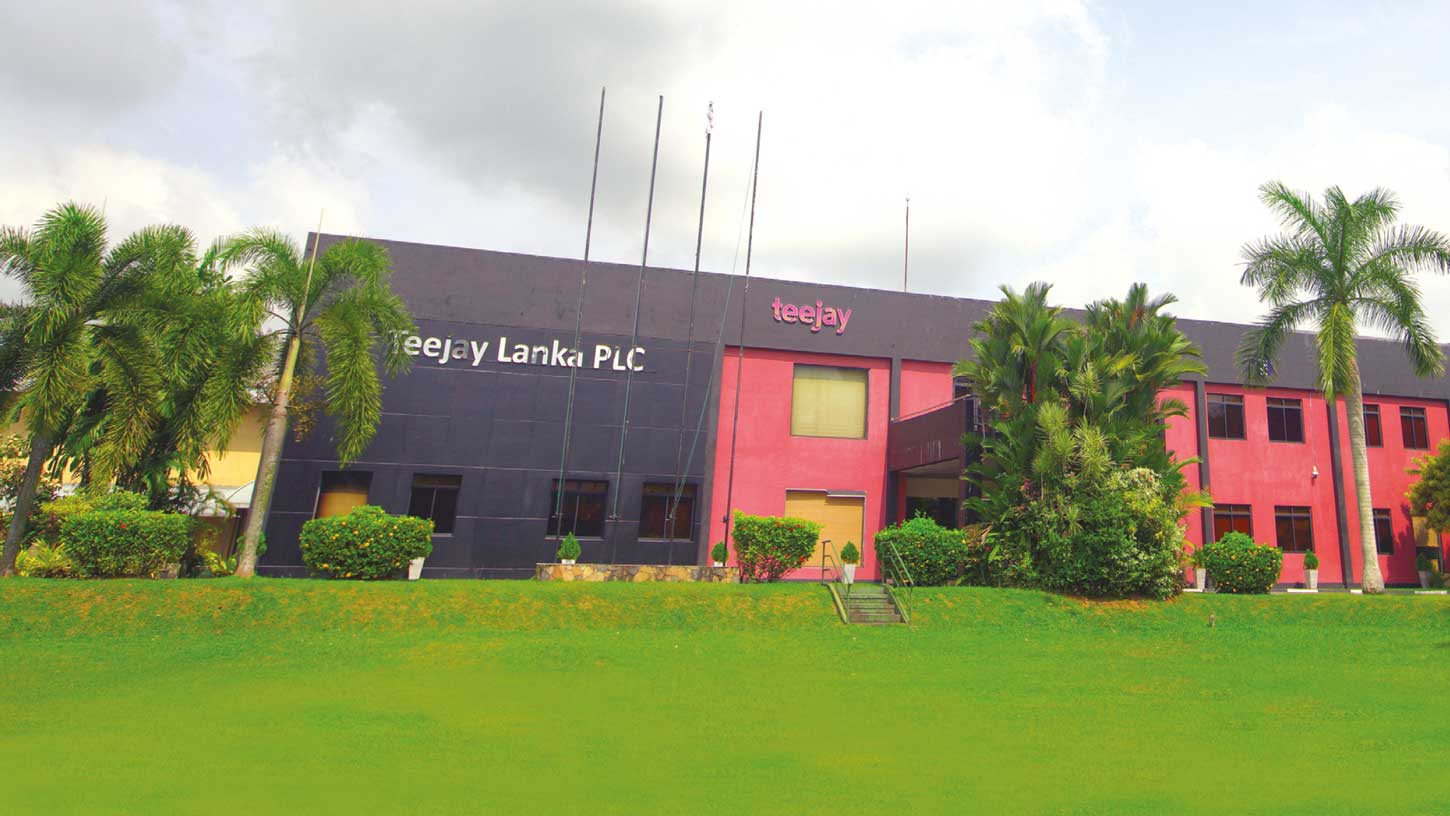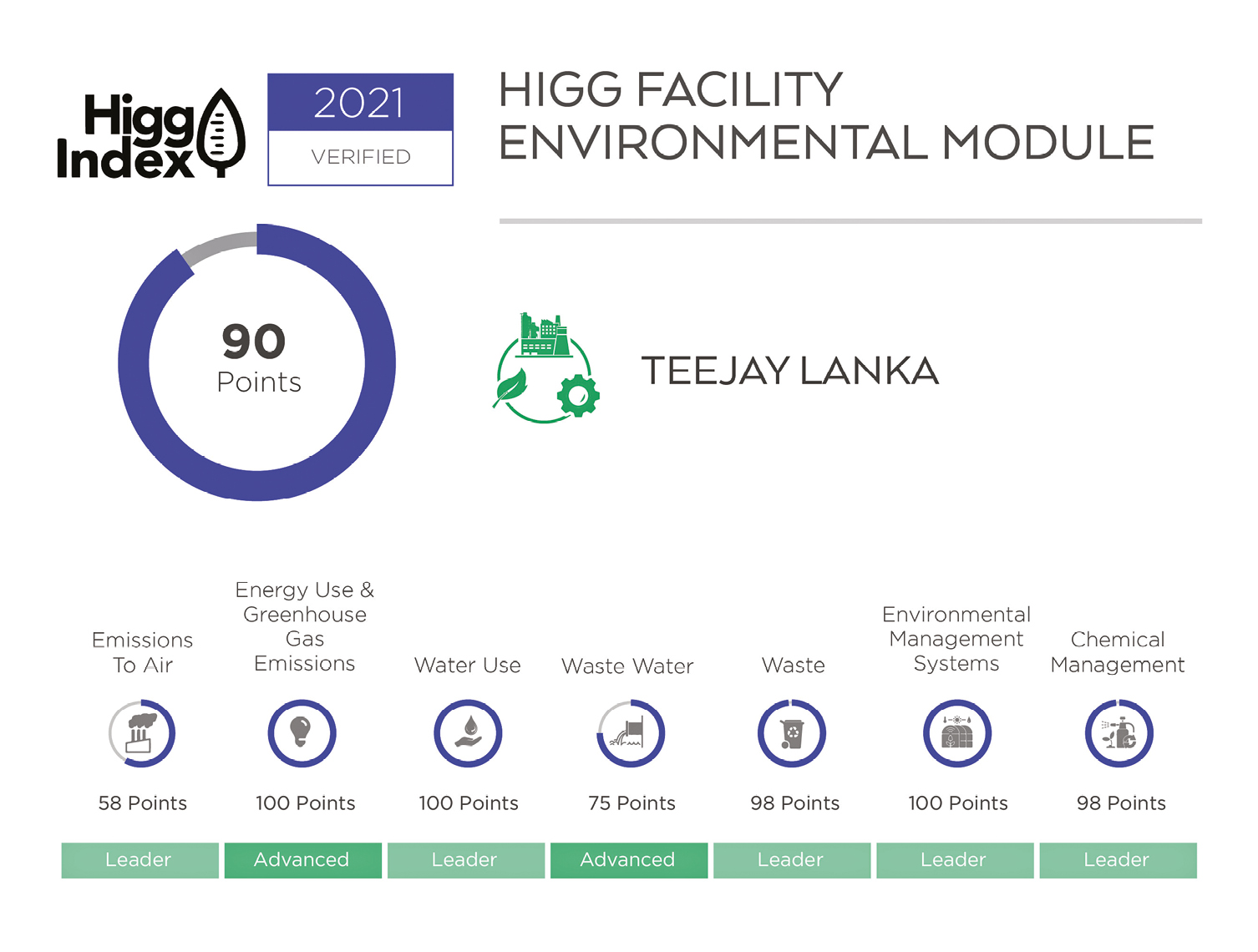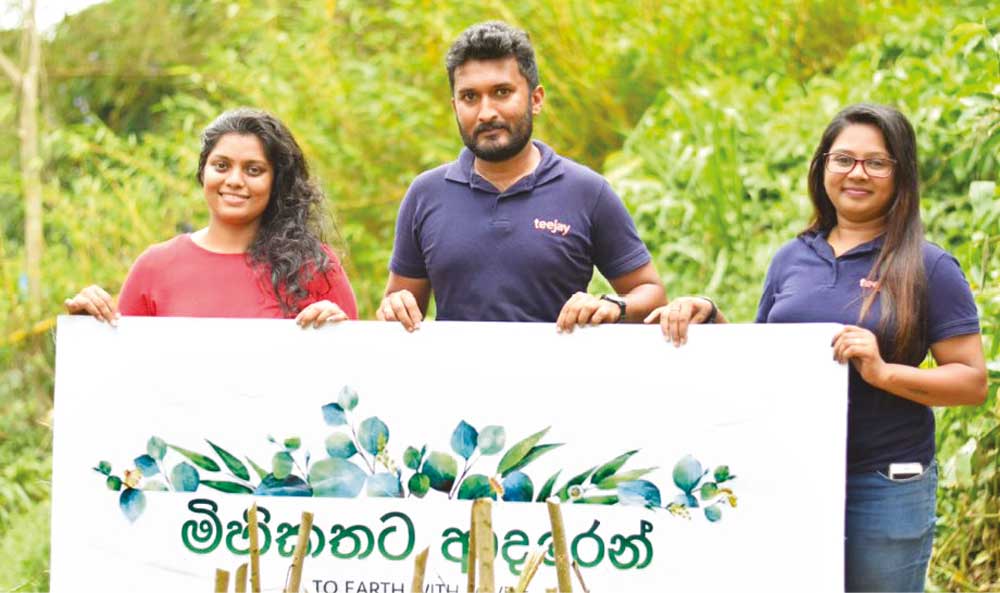TEEJAY LANKA
Q: What does environmental, social and governance (ESG) mean for Teejay Lanka?
A: Teejay embarked on a transformational journey through product transformation and establishing a strong framework for ESG commitments.
The engineering team comprising experts oversees environmental sustainability, together with the social facets of the company, to remain compliant with the standards stipulated by the United Nations’ Sustainable Development Goals (SDGs).
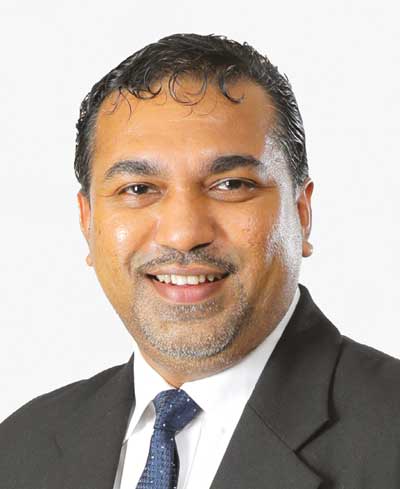
General Manager – Engineering and Sustainability
The strategic progression of Teejay’s product transformation and operational excellence journey, as well as its commitment to diversity, equity and inclusion, gives it the ability to comply with stringent global standards.
Q: Could you outline your organisation’s commitment to a sustainable future?
A: To drive our brand requirements and corporate responsibility, we’ve defined three main pillars: responsible consumption or ‘doing more with less’; discharge or ‘waste to wealth’; and supporting a thriving planet or ‘to earth with love.’
We have a road map to lead us on our sustainable journey, which is known as ‘Abhivarah 2030.’ Abhivarah – or ‘environment’ – embraces the coexistence of all forms of life by upholding nature to bring balance to ecosystems and undertake every possible measure to conserve our natural resources for the next generation.
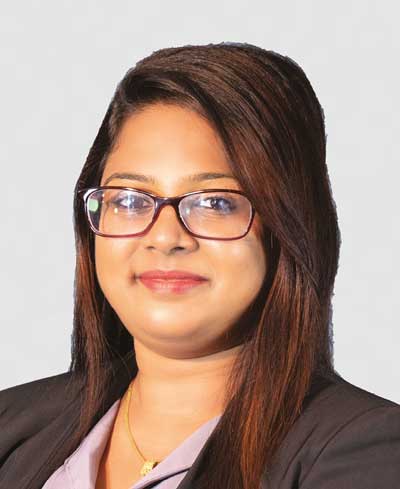
Assistant Manager – Sustainability
Zero toxic chemical usage, water discharge and emissions, in addition to 100 percent product sustainability and planting one million trees, are key goals of Abhivarah 2030. These and the road map to it are established to comply with the Science Based Target initiative’s (SBTi) guidelines.
Our innovation strategy ‘INSCOPE’ places special emphasis on the green sustainability business approach. So far, we have achieved a 78 percent sustainable product portfolio in the manufacturing process – including organic raw materials and global recycle standard verified recycled materials.
With a firm focus on Abhivarah 2030 and consistent investment in building our innovation brand INSCOPE, Teejay is confident that it would be viewed as a resourceful organisation that utilises minimal requirements of raw material to generate maximal outputs.
Q: How do you measure your performance in meeting these commitments?
A: The Teejay Group has been benchmarked against several global platforms. It has continuously performed in accordance with the Higg Facility Environmental Module (FEM) module since 2017 and achieved a drastic improvement, which is evident from its 90 percent score in 2021 – the industry’s best under the sustainable apparel coalition.
We also achieved 98 percent Zero Discharge of Hazardous Chemicals (ZDHC) MRSL Level 1 or above compliance for all production and treatment chemicals, in addition to 30 percent normalised water reduction with the base year of 2017, and 81 percent emission reduction from sludge disposal process at effluent treatment.
Teejay is also validated by the SBTi and Carbon Disclosure Project (CDP).
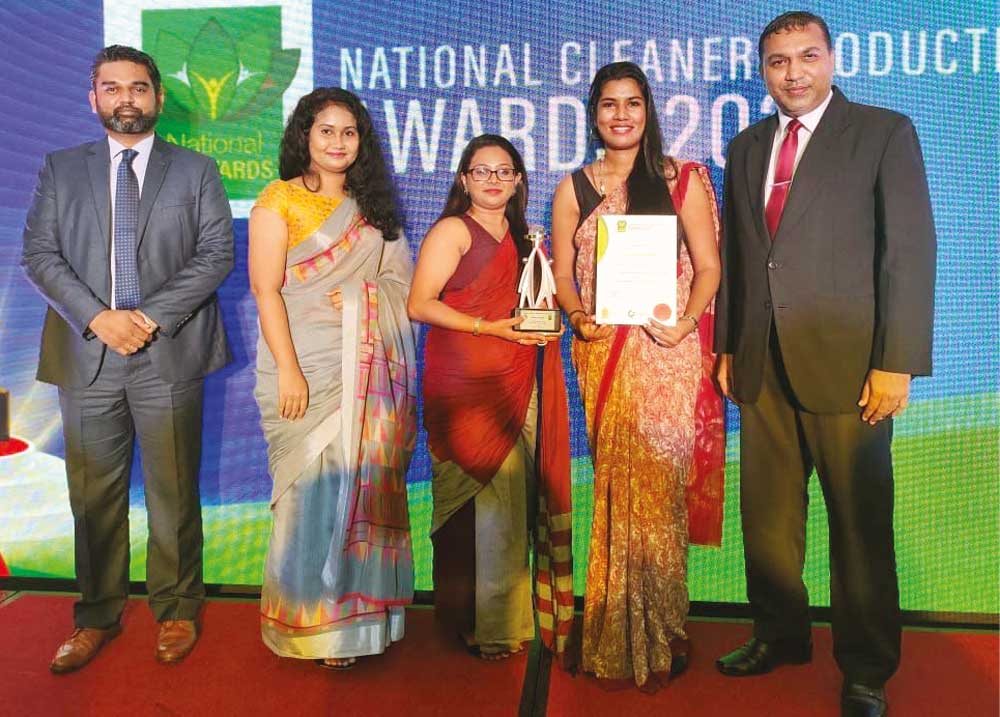
Moreover, Teejay Sri Lanka was a pioneer in implementing a life cycle inventory database development for the textile sector in Sri Lanka on a national scale – the project was named ‘Advancing life cycle-based sustainability assessments (LCA) in Sri Lanka.’
This project was funded by the German Federal Ministry for Economic Cooperation and Development (BMZ), and implemented by Deutsche Gesellschaft für Internationale Zusammenarbeit (GIZ) GmbH in Sri Lanka, the National Cleaner Production Centre Sri Lanka and ecoinvent Association of Switzerland.
Q: What challenges do manufacturers face in achieving sustainability goals – and how can these be tackled?
A: The limitation imposed on sustainable raw materials is a major challenge that is faced by many industries. At Teejay however, we focus on sustainable raw material consumption from pre and post-consumption phases, yarn upcycling, and sustainable chemical and dyes for process optimisation to reduce consumption in a sustainable manner.
We are also collaborating with local universities, overseas expertise and a variety of research bodies for innovative insights and practices on how to reduce raw material extraction.
Responsible consumption and disposal of waste has become a talking point amongst our stakeholders.
To this end, chemical and yarn suppliers’ forums, and – for the first time in Sri Lanka – a waste collectors’ forum were held to demonstrate Teejay’s intention of becoming a responsible corporate entity while making significant strides in terms of the Abhivarah 2030 footprint.


